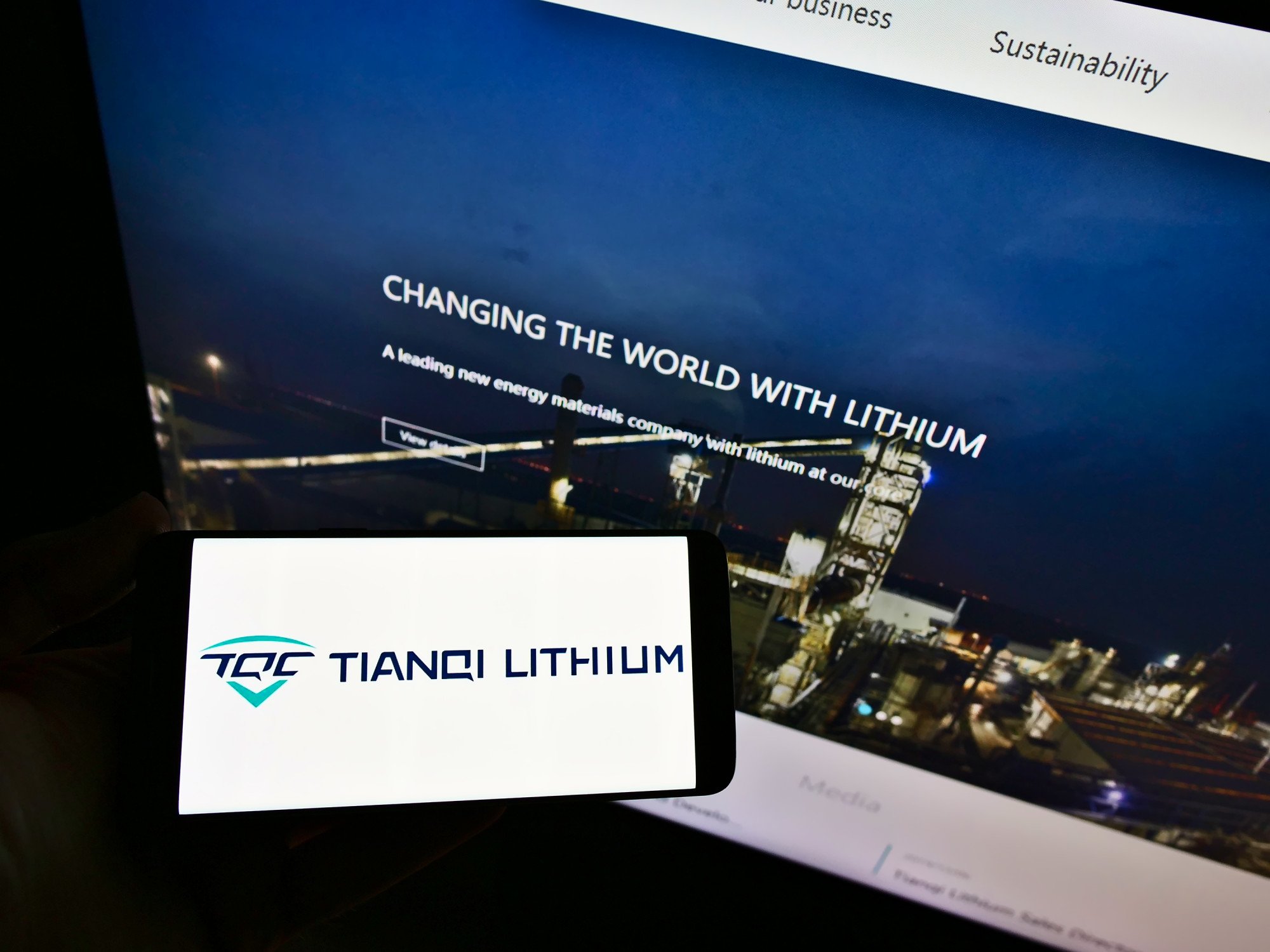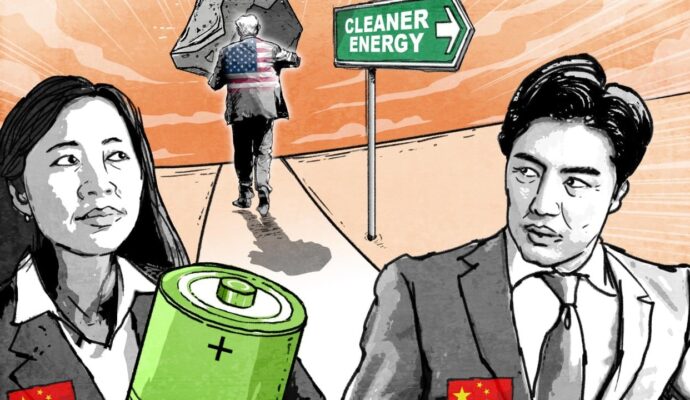Chilean President Gabriel Boric is set to meet Chinese leader Xi Jinping in Beijing on Sunday for talks that will likely fortify ties between the two nations, although Boric faces domestic pressure to address human rights issues in China.
In his first visit to China since being elected in 2021, Boric is expected to enhance cooperation with Chinese provincial governments and expand relations to second-tier cities such as Shenzhen, Guangzhou and Chengdu, where he will deliver a lecture at Sichuan University.
Chile was the first Latin American nation to establish a consulate in the region, in 2021, seeking to foster exchanges in investment, trade and culture.
Boric’s delegation also expects to advance several projects abandoned during the pandemic, including the so-called Asia-South America Digital Door, which would connect the Chilean city of Valparaiso to Shanghai through a series of transpacific submarine fibre-optic cables.
China eyeing free-trade deal in US ‘backyard’ to test South American pragmatism
China eyeing free-trade deal in US ‘backyard’ to test South American pragmatism
Francisco Urdinez, an expert on Sino-Chilean relations at the Pontifical Catholic University of Chile, said Boric had a keen interest in luring investment in the renewable energy domain.
Chile boasts roughly 48 per cent of global lithium reserves, primarily located in the Salar de Atacama, a vast salt flat in the nation’s north. The mineral is vital to the production of batteries for electric vehicles.
“Lithium mining is crucial for the energy transition, and China is a world leader in this sector. The visit represents a valuable opportunity for Chile,” said Urdinez.
The mineral is key for diversifying Chile’s export mix. While 40 per cent of Chile’s exports in 2022 were to China, a significant portion were low-value-added commodities. Santiago seeks a shift in this trend and has suggested that Chinese investors establish operations in Chile to purify the mineral.

China has a joint venture in the sector with Sichuan-based Tianqi and Chile’s SQM, the premier lithium producer globally. However, the alliance has stirred controversy.
In 2019, indigenous communities in the Atacama Desert, proximate to the lithium deposits, protested the mining ventures, with demonstrations including roadblocks and calls to terminate the Tianqi-SQM partnership’s operating rights in the area.
The two companies pump lithium into huge lagoons, they said, because mining requires evaporating salt solutions underneath Atacama’s salt flats. Separating the minerals in these lakes, which can span years, significantly reduces the already limited water resources in one of the planet’s driest regions.
“Chinese investors fear that the issue will escalate in court and hurt Chinese soft power internationally, which would bring business to a complete halt,” Urdinez said.
China trade group signs MOU with Chile to enhance ties in ‘uncertain times’
China trade group signs MOU with Chile to enhance ties in ‘uncertain times’
He mentioned similar challenges in northern Argentina, where indigenous communities have collaborated with unionists to obstruct road access to Jujuy province’s lithium reserves, prompting a stern response from local authorities. In Chile, a prevailing strategy seems to be sharing profits with indigenous leaders.
Boric also faces pressure to address rights abuses against the Uygur minority in Xinjiang, where the US and rights groups point to satellite imagery, leaked government documents and eyewitness accounts as evidence that more than 1 million Uygurs have been subjected to mass detention, political indoctrination and forced labour. Beijing denies the claim.
Although the Chilean president has been vocal in denouncing human rights violations in Latin American nations like Venezuela, Cuba and Nicaragua, he has exercised restraint regarding China, possibly fearing trade repercussions.
Right-wing opposition leader, José Antonio Kast has sought to exploit Boric’s reticence, painting him as weak-willed. A study overseen by Urdinez involving more than 1,260 voters also revealed that Boric’s supporters are notably attuned to this matter and willing to accept economic repercussions in favour of condemning human rights violations in China.
Jorge Heine, a former Chilean ambassador to China and a professor at Boston University, anticipates that Boric will steer clear of these contentious topics in his discussions with Xi, opting to concentrate on economic ventures.
Heine underscored Boric’s participation in the third Belt and Road Forum for International Cooperation in Beijing on October 18 and 19, marking the initiative’s decade milestone. Chile will be the sole Latin American nation represented by its head of state across all three editions of the event.
“We recognise the BRI’s fluctuations and realise that the past couple of years, coupled with the pandemic, have impacted the Chinese economy,” Heine said. “However, the BRI remains vital as a blueprint for collaborative development, championing infrastructure and mutual economic growth.”


